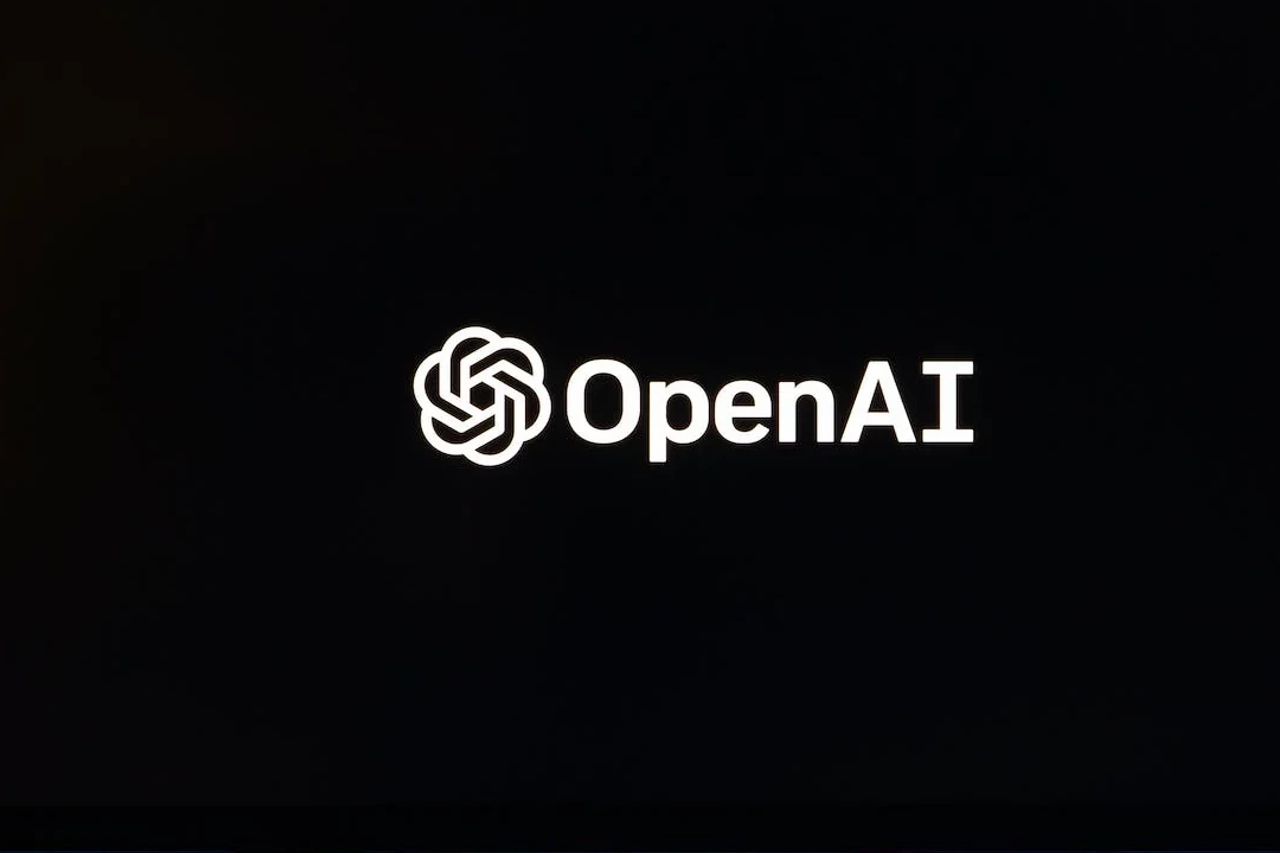OpenAI Delays Launch of “Emotionally Intelligent” Voice Mode for ChatGPT, Citing Safety and Scalability Concerns

San Francisco, CA – June 26, 2024 – OpenAI, the research company behind the popular large language model ChatGPT, has announced a delay in the launch of its much-anticipated Voice Mode feature. Initially slated for a late June alpha rollout, the company now states it needs “one more month” to refine the technology before releasing it to a limited group of users.
This news comes after OpenAI showcased Voice Mode during their Spring Update, generating excitement with its ability to understand and respond with emotions and non-verbal cues. The feature promised a significant leap towards “real-time, natural conversations with AI.”
“We remain very excited about Voice Mode,” assures OpenAI in a recent update. However, they emphasize the need for additional development time to meet their “high safety and reliability bar.” Specific areas of focus include the model’s ability to detect and refuse inappropriate content, as well as user experience improvements and infrastructure scaling to handle millions of users with real-time response.
OpenAI’s cautious approach reflects the growing scrutiny surrounding large language models (LLMs) and their potential for misuse. Competitors in the LLM space are also actively developing voice capabilities. Anthropic, for instance, recently unveiled Claude 3.5 Sonnet, boasting advancements in code manipulation and understanding, hinting at potential voice applications in the future.
Similarly, Google’s AI arm, DeepMind, has been at the forefront of voice-enabled AI research with projects like LaMDA (Language Model for Dialogue Applications) and its ability to engage in open-ended, informative conversations. LaMDA’s capabilities were recently highlighted in a paper titled “Meena Meets LaMDA: Large Language Models Learn to Chat” published in Nature magazine.
Microsoft’s entry into the LLM arena, the GPT-3 powered Copilot, while not explicitly a voice model, demonstrates the growing trend of integrating AI assistants with human workflows. Copilot assists programmers with writing code, suggesting completions and functionalities, blurring the lines between human and machine interaction.
OpenAI’s delay in launching Voice Mode underscores the complexities of developing safe and scalable AI for real-world applications. While the technology holds immense promise for natural and intuitive human-computer interaction, ethical considerations and technical challenges necessitate a measured approach.
OpenAI’s commitment to an “iterative deployment strategy” suggests a phased rollout, starting with a small alpha group to gather feedback and refine the model before wider release. This approach aligns with the increasing emphasis on responsible AI development, ensuring these powerful tools are deployed with safety and user well-being at the forefront.
While the wait for Voice Mode continues, OpenAI assures users they are also working on the video and screen sharing capabilities showcased at the Spring Update. The timeline for these features remains unspecified, but the company promises to keep users informed. As the LLM landscape continues to evolve, OpenAI’s approach highlights the delicate balance between innovation and responsible development in the race to create ever-more sophisticated AI experiences.









